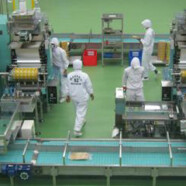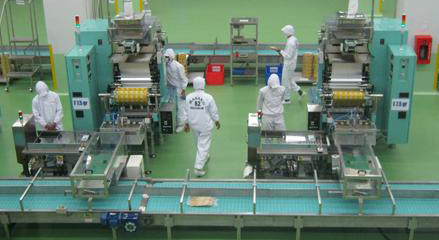Ajinomoto plant begins operation
Ajinomoto’s cosmetic ingredients plant in Indonesia begins operation
Ajinomoto Co. has started full-scale operation of a plant in Indonesia to produce cosmetic ingredients–raw materials for personal care products such as cosmetics, shampoo and body wash, the company said April 21.
Ajinomoto subsidiary, PT Lautan Ajinomoto Fine Ingredients (LAFI), will hold a completion ceremony on April 30.
The start-up of the new plant will expand the cosmetic ingredient supply capability of the entire Ajinomoto Group to 1.3 times the current level, with the aim of establishing a global supply structure directed toward growing markets, mainly in Asia.
In the personal care products industry, particularly in Europe, there is a trend toward using natural, environmentally conscious, plant-derived raw materials that are gentle on users. As a result, demand has been increasing for cosmetic ingredients from Ajinomoto that use amino acids as raw materials.
The Ajinomoto Group currently supplies cosmetic ingredients to more than 3,000 companies in approximately 50 countries worldwide, and about half of its sales are outside Japan. With the start of production at LAFI, the Ajinomoto Group has four production bases for cosmetic ingredients: two in Japan (Kawasaki Plant and Tokai Plant), Limeira Plant in Brazil (which mainly manufactures humectants) and LAFI. Based on this global structure, the Ajinomoto Group will supply cosmetic ingredients to growing markets, mainly in Asia.
Sales of cosmetic ingredients produced by LAFI will be conducted by the Ajinomoto Group except in Indonesia, where sales will be conducted by local joint venture partner PT Lautan Luas Tbk.
The global market for cosmetic ingredients was approximately 35 trillion yen ($341 billion) in 2013, and is forecast to grow by about 5 percent annually. Markets in Asia and Latin America drive the global market. In 2020, these two markets are expected to account for around 40 percent of the global market, according to a 2013 survey by Ajinomoto.



